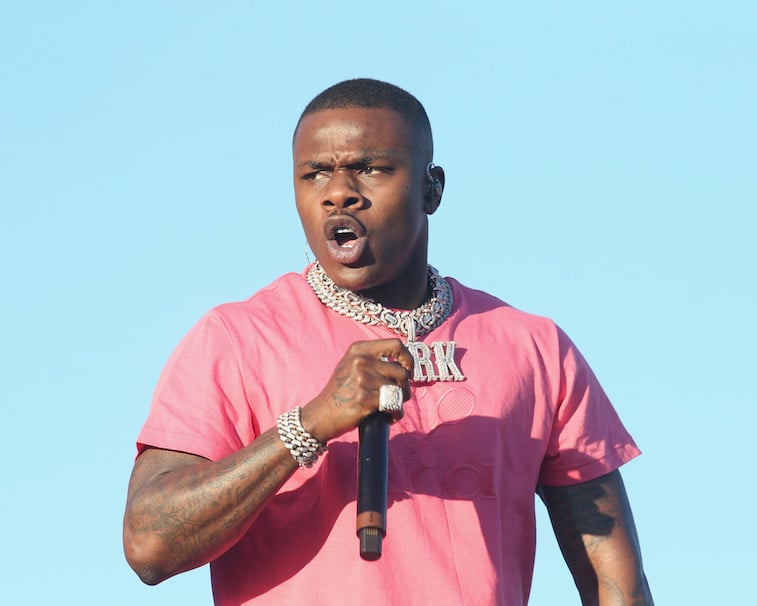

Family name: A name used by all members of a family.Matronymic: A surname based on the given name of the mother.Patronymic: A surname based on the given name of the father.Personal name: The given name (or acquired name in some cultures) can precede a family name (as in most European cultures), or it can come after the family name (as in some East Asian cultures and Hungary), or be used without a family name.( July 2020) ( Learn how and when to remove this template message)Ĭommon components of names given at birth include: Unsourced material may be challenged and removed. Please help improve this section by adding citations to reliable sources. It is nearly universal for people to have names the United Nations Convention on the Rights of the Child declares that a child has the right to a name from birth. The use of chosen names is very common on transgender and non-binary communities.
#STATIKLEO REAL NAME FULL#
Ī person's personal name is usually their full legal name however, some people use only part of their full legal name, a title, nickname, pseudonym or other chosen name that is different from their legal name, and reserve their legal name for legal and administrative purposes. Certain isolated tribes, such as the Machiguenga of the Amazon, do not use personal names. Still other cultures lack the concept of specific, fixed names designating people, either individually or collectively. However, in some areas of the world, many people are known by a single name, and so are said to be mononymous. Similar concepts are present in Eastern cultures. For instance, as a middle name as with Pyotr Ilyich Tchaikovsky (whose father's given name was Ilya), or as a last name as with Björk Guðmundsdóttir (whose father is named Guðmundur) or Heiðar Helguson (whose mother was named Helga).


Some cultures, including Western ones, also add (or once added) patronymics or matronymics. Men's names and women's names are constructed using the same convention, and a person's name is not altered if they are married. However, the legal full name of a person usually contains the first three names (given name, father's name, father's father's name) and the family name at the end, to limit the name in government-issued ID. Where there are two or more given names, typically only one (in English-speaking cultures usually the first) is used in normal speech.Īnother naming convention that is used mainly in the Arabic culture and in different other areas across Africa and Asia is connecting the person's given name with a chain of names, starting with the name of the person's father and then the father's father and so on, usually ending with the family name (tribe or clan name). Surnames in the West generally indicate that the individual belongs to a family, a tribe, or a clan, although the exact relationships vary: they may be given at birth, taken upon adoption, changed upon marriage, and so on. In the name " Abraham Lincoln", for example, Abraham is the first name and Lincoln is the surname. In Western culture, nearly all individuals possess at least one given name (also known as a first name, forename, or Christian name), together with a surname (also known as a last name or family name).


 0 kommentar(er)
0 kommentar(er)
